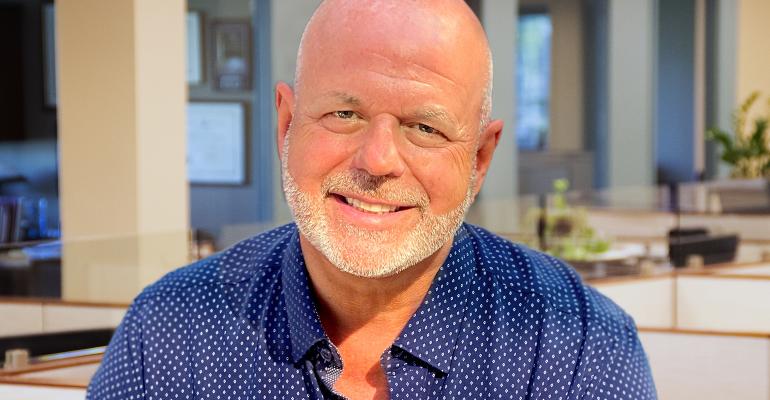Private Advisor Group, the Morristown, N.J.–based registered investment advisor and office of supervisory jurisdiction affiliated with LPL Financial, has taken its first outside investor, Merchant Investment Management.
Merchant is taking a non-controlling, minority stake in the hybrid RIA, which now has over 700 financial advisors and $30 billion in assets under management. Terms of the deal were not disclosed.
PAG CEO RJ Moore, who took over for co-founder John Hyland, as head of the firm about a year ago, said the RIA has had a lot of interest from potential investors and capital partners, especially given the recent M&A environment. But Moore said the firm really liked that Merchant had the same views on the direction of the financial advisory profession and that it was not a private equity firm.
“This is partner capital that they have, that they invest as a direct equity participant, with no preferential treatment,” Moore said. “None of us have sold anything as part of this transaction, so all the capital that Merchant is putting up in acquiring their minority stake in Private Advisor Group is available for us to use for investment in the business and investment in the advisors who we serve.”
Last week at MarketCounsel’s annual summit held in Miami, MarketCounsel President and CEO Brian Hamburger said he was skeptical of minority deals where the terms are outsized from the stake that’s being acquired. Some of these deals that he’s seen lately include long lists of restrictions that investors put in place.
Moore said the deal with Merchant includes no such restrictions, and there’s no preferential treatment toward them within the structure. There is no fund structure, in contrast to a private equity firm, nor governance elements that would be restrictive or intrusive to PAG. Merchant is a New York–based private partnership that provides growth capital and other support to independent financial services firms.
“They come alongside us as a straight equity participant,” Moore said.
PAG plans to use the capital to fund a number of initiatives already under way at the firm. For one, this is a first step toward providing the firm’s advisors with equity. Moore declined to expand on the details of an equity program, but he said there would be more to come in January 2022.
“We’re continuously looking at ways to deepen and create greater alignment with our advisors, and the partnership with Merchant will drive a meaningful change in our ability to do that, in terms of providing advisors with potential equity alignment with us as we grow the firm and as we move into the future,” he said.
The capital will also be used to continue the firm’s work on its new turnkey asset management platform, which is expected to go live in 2022. In the past, most of the firm’s advisors utilized third party management platforms and other techniques, Moore said.
Other initiatives include a new cash management solution coming in 2022; the firm’s advisor protection program, a backstop on their practices in the event anything occurs where they need someone to step in; and new technology solutions.
“We’ve been partnering with Orion, Riskalyze and Truelytics, just to name a few, around ways to integrate a suite of capabilities that really help advisors understand more about their own practice, understand more about opportunity set with respect to growing their practices and providing that much more capabilities to their end client,” Moore said.
PAG may also consider doing acquisitions of its own; the firm has acquired portions of advisor practices as well as whole practices in the past, but they were smaller and tuck-ins, Moore said. For instance, the firm acquired Advantage Investment Management, an RIA firm with over $385 million in AUM in Cedar Rapids, Iowa, in October 2019. In September of this year, PAG acquired advisor Bill Young's practice in Maryland, with $105 million in assets.
“It’s not No. 1 priority for us; growing organically is sort of our highest and best use. But we are aware of certain situations out there where certain types of practices and certain types of businesses really do fit well and align with us, culturally and from a business positioning perspective. We will look at those in terms of potential acquisitions or mergers.”





